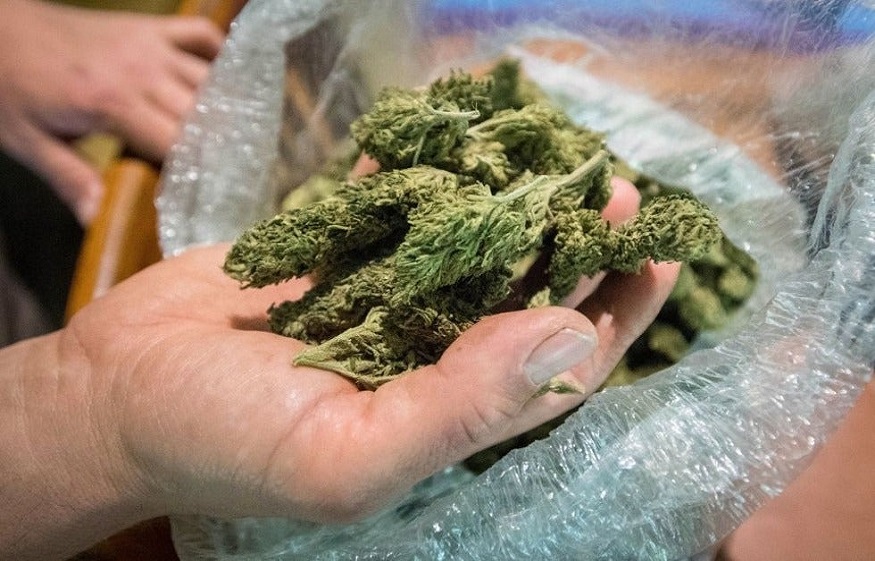Legalizing Marijuana Doesn’t Stop Pot-Related Crime

Marijuana proponents tend to cite a lot of reasons for legalizing the drug across the U.S. Among the reasons is the assumption that full decriminalization will eliminate the criminal element. As the thinking goes, the illegal marijuana trade only exists because marijuana is still a Schedule I controlled substance under federal law. Decriminalize marijuana and crime associated with it goes away. Right? Not necessarily.
Alcohol is legal in all fifty states, the District of Columbia, and every U.S. territory. In fact, there are very few places in the world where alcohol is completely banned. Yet the alcohol black market still exists. It will continue to exist as long as governments insert themselves into production, distribution, and retail sales. That is exactly the problem with both medical and recreational marijuana.
California’s Thriving Black Market
It is no secret that California’s illegal marijuana market is strong. It still constitutes the bulk of most marijuana sales in the Golden State. But according to a recent piece published by the Louisville Courier Journal, the situation in California may be worse than most people know.
Courier Journal contributor Beth Warren wrote that “violent Mexican drug cartels” were turning “Northern California into the Wild West.” In addition to operating thousands of illegal growing facilities, the cartels are also exploiting workers, robbing and shooting adversaries, poaching water, and more.
Some cartels are doing so well in California that they have even abandoned long-held growing operations in Mexico. It doesn’t make sense to continue growing south of the border and then having to pay to transport it north. There is also a lot less risk involved by relocating their operations to California.
Taxes and Regulations
So what’s the deal? Why, in a state with a free and open market, does the black market thrive as much as it does? It boils down to taxes and regulations. The same things that encourage bootleggers to make illegal booze motivates illegal operators to grow black-market marijuana.
California lawmakers did not legalize marijuana with no strings attached. Doing so was never their intention. Instead, everyone in the supply chain has to be licensed. Applicants must pay fees to obtain their licenses. Every growing, processing, and retail business must follow strict regulations. At every step in the process, taxes must be paid.
Things are no different in medical-only states, like Utah for example. A patient purchasing medical cannabis from Salt Lake City’s Beehive Farmacy pays taxes. The patient ultimately pays every tax and fee assessed along the line through the medicine’s retail price.
It turns out that black-market weed is cheaper because there are not any taxes and fees built in. So ask yourself a fundamental question: would you rather purchase tax-free marijuana in California or pay the extra by visiting a licensed dispensary? California’s black-market is proof that a lot of people would rather buy tax-free products.
Legalization Is No Panacea
There may be plenty of legitimate reasons to legalize marijuana in both medical and recreational forms. At some point, the vast majority of U.S. citizens may decide that marijuana should be treated just like alcohol. That is all well and good, but legalization is no panacea. Making marijuana legal across the country is not going to eliminate the black market.
It should be noted that there are rumors of Congress legalizing marijuana in 2022 in exchange for being able to regulate and tax it like they already do with alcohol. And if that is the case, expect more of the same out of Mexican drug cartels. As long as tax-free marijuana is cheaper than licensed product, there will be a market for it.






